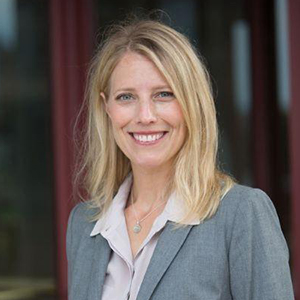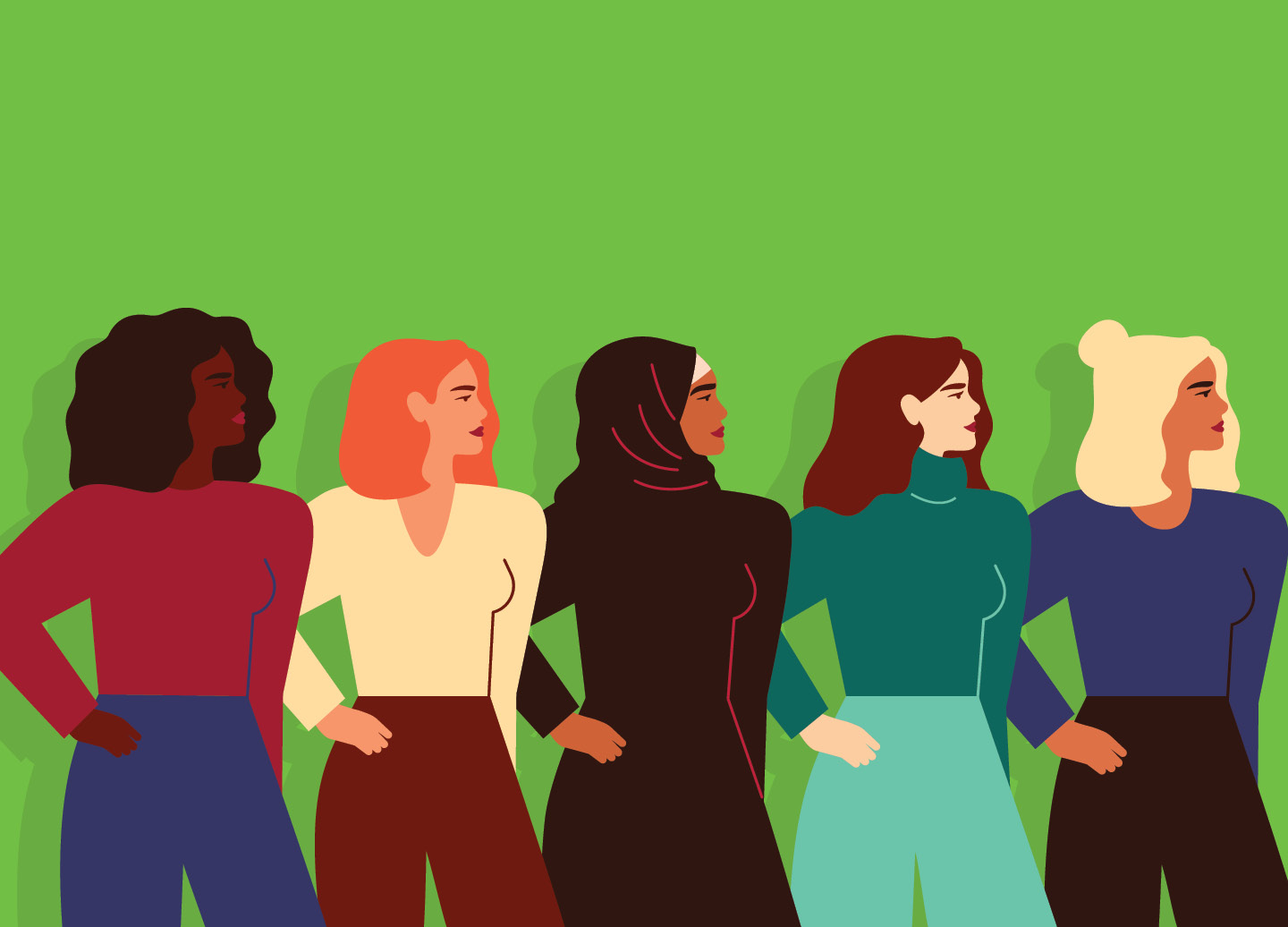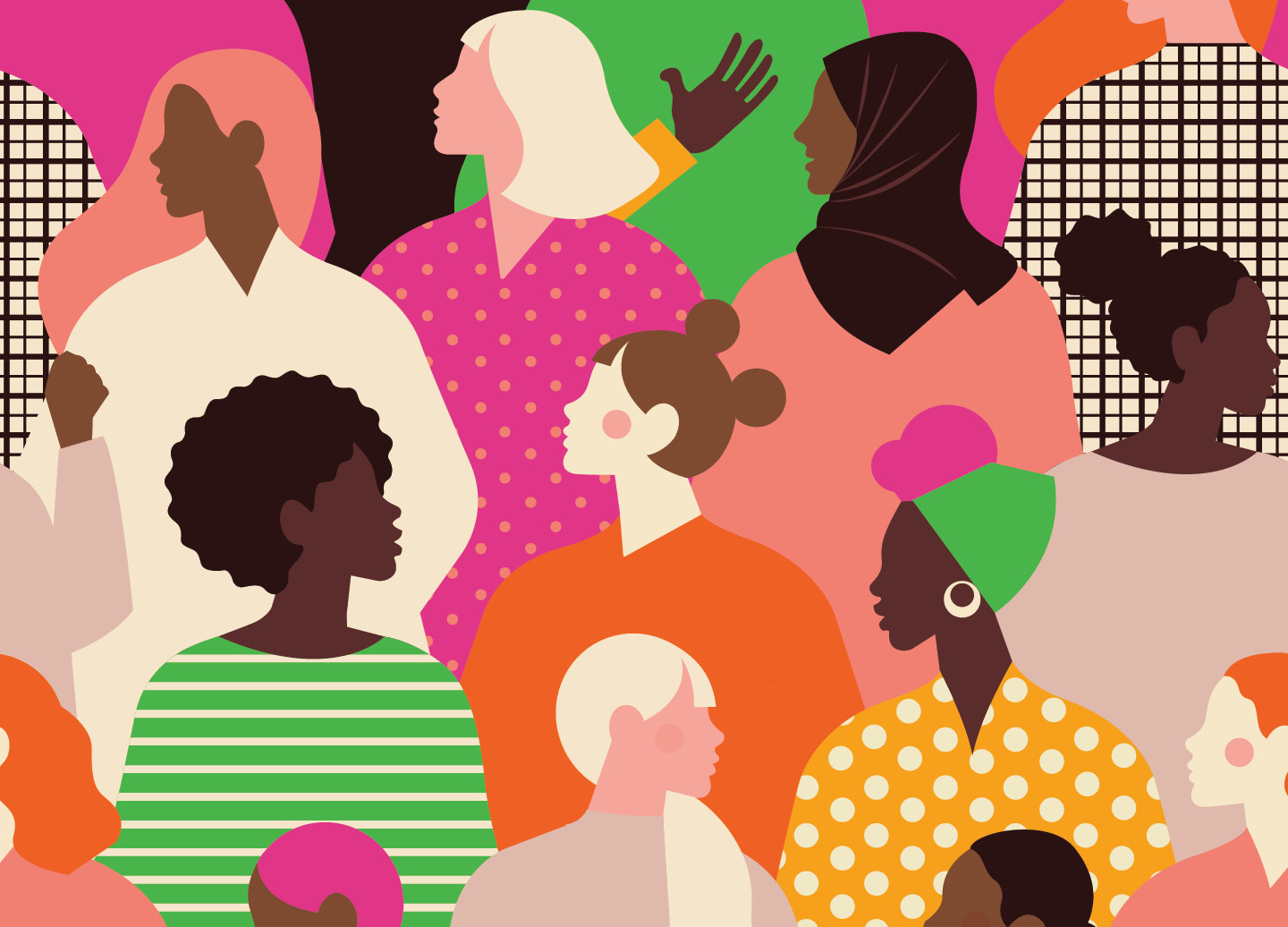ProShip connected with partners to celebrate female leaders in the supply chain and logistics industry.
Today, March 8th, is International Women’s Day- a global celebration of the social, economic, cultural and political achievements of women everywhere. The 2021 theme is #ChooseToChallenge, challenging the world for change and being alert to the growth opportunities for a more balanced gender society.
Being female in a male-dominated industry, has been a long-time obstacle for women in the supply chain industry, but those numbers are starting to see change. About 39% of full-time employees in a supply chain role are female, up from 35% in 2016, finds a survey by Gartner and Achieving Women’s Excellence in Supply Chain Operations, Management & Education (AWESOME), an organization focused on advancing women’s supply chain leadership. While these numbers might sound encouraging, there is clearly still a long way to go with only 10% of the most senior supply chain management roles being filled by women- meaning there is a 9 to 1 disproportion of men to women in executive Supply Chain Management roles, according to a survey by Procurement Leaders.
With all of these statistics in mind, ProShip reached out several partners to highlight the impact that women have had worldwide as innovators, thought leaders and trailblazers within the supply chain industry.
Sabryna Clark is an Alliance Manager at Blue Yonder, the world leader in digital supply chain and omni-channel commerce fulfillment. She has managed the North American Regional Partners for the past 2 years and resides in McKinney, Texas with her husband, Kaleb, and their labradoodle, Samson.

enVista CMO J.J. Barnes has spent the last 20 years of her career in the supply chain industry. She was named a Supply & Demand Chain Executive “Top Women in Supply Chain” in 2020, and she is passionate about fostering diversity, equity and inclusion at enVista and within the supply chain and commerce industries.

ProShip’s own Vicky Pare has been working in the shipping industry since 1999, and with ProShip since 2004 as the Manager of Professional Services. She looks forward to many more years at ProShip watching the solution change and grow with the supply chain industry’s own movement.

What does International Women’s Day mean to you?
Clark: It means celebrating and recognizing those women for their achievements that may not have been noticed in years’ past. I find it very inspiring to hear stories from other women and how they’ve overcome challenges in their field. Sharing these stories on IWD give me hope for future and what we can accomplish!
Barnes: I sincerely appreciate that there is a dedicated day to recognize and celebrate the achievements of women to inspire the next generation, and to also recognize that we still have a ways to go when it comes to true gender equality. “Women hold up half the sky,” and yet we have not yet achieved parity in terms of financial compensation (equal pay), and an equal representation and voice in places where power is held, including our government, board rooms, financial institutions, medical research, high-tech and more. We know that a paycheck signifies ‘power’ in the form of choices and options for women, but as a society we have not chosen to solve for the conditions that impact women’s job opportunities, career advancements and a woman’s ability to join and remain in the workforce, including access to education, childcare and elder care. We also have a long way to go to mitigate violence against women and human trafficking, both within our own country and on a global basis. International Women’s Day, which started before women in the U.S. could even vote, clearly provides an important platform to talk about and elevate issues. Ultimately, it comes down to individuals and institutions continuing to focus on driving awareness and real change until women around the globe are born into and experience the same choices, freedoms, respect, safety and benefits as their male counterparts. I feel privileged to be part of the conversation at this point in history, and I pray that we continue to make strides for our daughters and the generations to follow.
Pare: It means that there is recognition that women are actually starting to make an impact and the days of the male predominated workforce is going down. Women have been striving to be heard in the workplace and we are seeing more women making an impact.
Do you have an example of how you or your organization “choose to challenge” gender bias and inequality?
Clark: We (Blue Yonder) do have a great DIVE program (diversity, inclusion, value, and equity), that focuses on equality within our own company, customers, partners, and vendors we work with.
Barnes: This is a great question. Unfortunately, like many women, I could probably devote paragraphs as to how I personally have experienced and have had to challenge gender bias throughout my career. But, let me share some good news. The good news is that I have seen changes both in our industry and within the company I work for today. Whereas there used to only be handfuls of women in supply chain and commerce tech, we now experience much more representation. And, where I was once the only female on the leadership team at enVista, well over a third of our leadership team is now comprised of women.
enVista continues to take steps to foster and advance diversity, equity and inclusion (DEI) within our company. We have defined our “DEI Picture of Success” at the executive level, we formed a DEI committee with defined goals and priorities, and we have broken that larger team into sub-groups focused on recruiting and talent retention (pay equity, hiring diverse talent, DEI training), culture (including minority affinity groups) and community (focused on four philanthropies on a local, national and global level). I was approached by women in our organization to serve as the executive sponsor of our women focused affinity group ‘enFluence,’ and that has been a big honor and privilege. We are a learning organization at enVista, and we are growing and learning more every day about how we can advance DEI across our organization and industry to leave a lasting legacy of change. This is our picture of success.
Pare: In the past when I started nearly 16 years ago, I would have never been given the opportunity to run the services department at ProShip and now here I am. We have had positive changes in management that have recognized talent within the company and took down the barriers to inequality.
What challenges have you faced in your career and how did you overcome them?
Clark: My challenges are often around “Imposter Syndrome” – doubting my abilities and feeling like a fraud at work. I’m often the youngest or one of the few women on a call which can be intimidating. But it has helped me to remember there are things I know that are valuable to the discussion that others are not as familiar with. There’s also just no sense in putting pressure on yourself with self-doubt and speculating what others may or may not think. I also realize I need to silence my inner critic, and look to my strengths and accomplishments to work through this. Having mentors to look up to and turn to for candid feedback is very helpful as well.
Barnes: I have faced many career challenges, some related to my gender and some not. As a full-time working mom, there are challenges with balancing work and family life, but most parents encounter this. I have definitely been overlooked, dismissed, harassed and more because I am a woman in the workforce. I really had to learn to stand up for myself and to sometimes take people to the mat, even though that is not at all my nature. The good news is that there have been men and women alike in my career who treated me as an equal, valued the gifts I bring and advanced my career – and I am ever grateful to those individuals. We need more men and women who will proactively and daily promote gender equality and the advancement of women in the workplace. Wharton Professor and Organizational Psychologist Adam Grant just wrote an incredible article in the Washington Post that summarized studies where men frequently talk over and interrupt women. He called for the end of ‘manologues,’ ‘mansplaining’ and “manterrupting’ – all of which are seemingly small, inconsequential behaviors, but they actually have real consequences to people and organizations. These unchecked behaviors are consistent to the daily ways men unconsciously shut down and disregard women as true equals at the table. We know from studies that diverse organizations enjoy greater innovation and shareholder value. So, my goal is that everyone has an equal voice and seat at the table; it truly benefits men, women and organizational results in the end.
Pare: I have also worked for organizations that were led by men. I have always prided myself in a job well done, honesty and respect for others. If you do not respect your workers -they will not respect you.
What advice would you give to the women of tomorrow interested in the supply chain industry?
Clark: Not to be intimidated by lack of experience. This industry is everchanging, and it’s impossible to be an expert at everything. Having a willingness to learn as a team is more impressive to most than always knowing the answer. Be genuine and get involved – even if you fall on your face a few times.
Barnes: To all of the women considering a career in supply chain – go for it! I encourage you to explore supply chain as a career path. Our company, and this industry, is looking for the next generation of women leaders. Supply chain is a dynamic and ever-changing industry that is not only mission-critical to business outcomes, but it is also essential to the well-being of our families and communities, as evidenced during the pandemic. Supply chains have a significant impact on sustainability, so there is an opportunity to make improvements for the planet and the greater good. I also tell women that this industry not only offers high-growth opportunities and high-tech compensation levels, but it also offers stability. Companies need and invest in supply chains not only during financial upswings but also during and economic downturns, and the role of supply chain has now been elevated to corporate boardrooms. We are always looking for top talent in supply chain and it is immensely gratifying to learn, grow and make an impact in this industry.
Pare: Jump in – supply chain is ever changing. It is fast paced, and you have the ability to assist others to achieve their career goals.
In conclusion, supply chain is a function that has huge impacts on any organization. The supply chain function is complex but still integral to the economy and is ripe for innovation and change. ProShip joins the world in looking for that change with the #ChooseToChallenge campaign not only celebrating women today and everyday but continuously promoting gender equality. We applaud these women working in the supply chain field and how they have worked to achieve gender balance across their organizations.

 Back to Blog
Back to Blog






